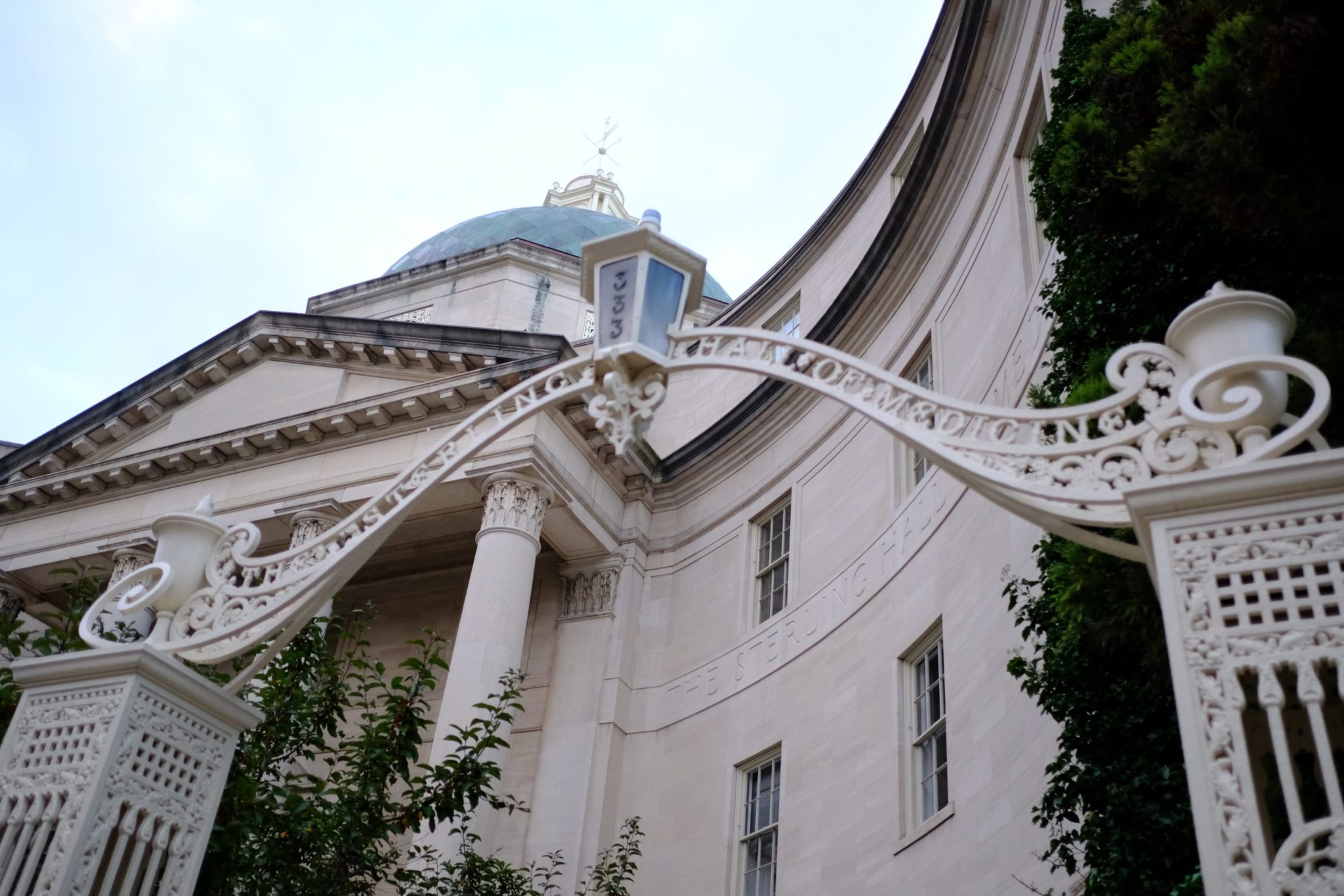Yale to study mass casualty prevention strategies through Italian partnership
The collaboration with the University of Rome Tor Vergata will focus on creating global military response training, detection strategies, antidotes and treatments in cases of major events.

Yale Daily News
The Yale Schools of Medicine and Public Health reached a partnership with the University of Rome Tor Vergata, or URTV, with the goal of researching methods of preventing mass casualties caused by chemical, biological, radiological, nuclear and explosive events, or CBRNe events.
The new collaborative effort is led by Vasilis Vasiliou, a Yale School of Public Health Department Chair, and Francesco d’Errico, professor of Nuclear Engineering, Biomedical Engineering and Medical Physics at the University of Pisa. They will be working with Leonardo Palombi, Andrea Malizia, Pasquale Gaudio and Colomba Russo, who are all professors at URTV.
“There are a lot of threats on the horizon, either chemical threats or nuclear threats … We have to be sure that we are ready for them,” Vasiliou said.
These scientists aim to research CBRNe events and current methods of inhibiting their effects in order to restrict the creation of CBRNes, detect the possible use of CBRNes and mitigate the results of a CBRNe event. Once conclusive research and findings are yielded, the results will likely change the way law enforcement and military units are trained to handle such events.
Vasiliou pointed out the war in Ukraine and the political tensions between North and South Korea to illustrate the possibility of regional conflicts that could threaten global health.
“The whole idea is [to research] how we develop detection, antidotes [and] treatments, and how we can produce that globally,” Vasiliou told the News. “We need to train people how to handle these [events].”
He went on to discuss Israel’s strong preparation for nuclear events, contrasting it with that of the United States and Europe to point out urgent need for more CBRNe research in those countries. D’Errico added that the COVID-19 pandemic has also highlighted the lack of coordinated international infrastructure and a need for more global health preparation and prevention research.
“I think that something that can be improved in the USA [and Europe is that] there is a huge lack of standardization of training and preparation of the expert,” Malizia said. “It is important to continue to push the creation of much more possible common training and much more possible technologies and metals used in case of CBRNe events.”
The collaboration was inspired by the recent surge in access to the technology required to manufacture crude weapons and dirty bombs — a type of explosive that combines conventional explosives with radiological material to contaminate a large area. The researchers expect that teams, such as the one formed between URTV and Yale, will prove vital in understanding the effect of this rapid spread in information and greater availability of advanced explosives.
The scientists mainly intend to develop entirely new training and education programs built on the foundation of table-top exercises. This is done in the pursuit of more accurately testing and improving the preparedness of the experts involved in these CBRNe events. In addition to the improvement in training methods and standardization, the team hopes to pioneer new technology to identify sources of biological substances, chemical materials and ionizing radiation.
As part of this goal, the collaboration entails faculty development projects focused on creating courses and mentorships for CBRNe event training. According to Vasiliou, these projects will not only help train health professionals and students but also, in the long-run, state and federal agencies.
“[URTV] is much more involved in developing detection and response mechanisms to chemical threats,” d’Errico said. “At Yale, there is a lot of work in the field of biological threats and also radiological and nuclear ones. Yale also has an interest in developing educational programs that will include training in CBRNe detection preparedness response. In Rome, they do have this program, so an integration of our areas of expertise are certainly going to be pursued.”
This partnership is the first between Yale and URTV.







